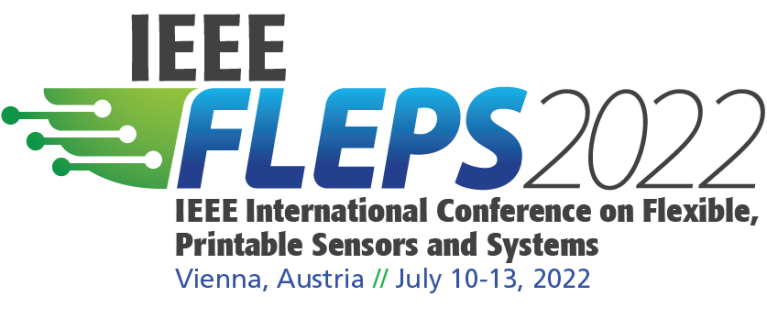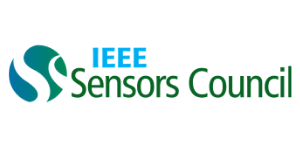
Presenter Bio
Abstract: Fully printed CMOS Integrated Circuits: a key block towards pervasive smart electronics systems
Billions of electronic objects are expected to be distributed worldwide in the upcoming years according to the framework of pervasive electronics and the concepts of IoT, distributed healthcare and connected environments. Printed electronics has gained its place as a candidate for succeeding in the challenge of consolidating a complete technology that enables sustainable production and end-of-life management of such items. However, as of now, some fundamental building blocks, and notably printed integrated circuitry, still lag behind in terms of technological readiness compared to other printed components, such as sensors or displays. This undermines the capability of manufacturing complete integrated electronic systems solely through printing techniques, which would unlock new powerful approaches for more sustainable production of electronic systems throughout their whole life cycle, at lower costs.
Here, FLEEPTech presents their technology platform for the manufacturing of fully printed CMOS integrated circuits. PrintIC is based on additive printing methods, which not only allow for reduced use of solvents and no waste of material, but also offer the benefit of easy reconfiguration of the machinery for the manufacturing of multiple applications with little downtime. PrintIC is solely based on organic and carbon-based materials, deposited in thin films such that the active layers only constitute a small part, well below 5 %, of the total mass of the smart system (including substrate and encapsulation). The availability of a CMOS process, enabling the use of established architectures and design procedures for low-power circuits, combined with the capability of operating at a voltage as low as 5 V, makes PrintIC a perfect match for portable applications integrating printed batteries or energy harvesters.




